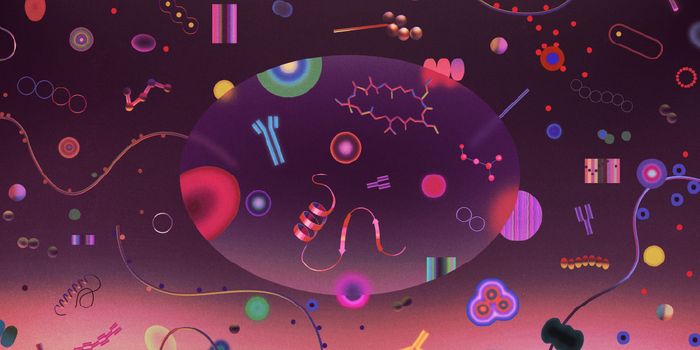Antibiotic Resistance Conquered by Cresomycin's Tight Hold on Bacterial Machinery
In a recent article published in the journal Science, researchers unveiled an exciting breakthrough in the ongoing battle against antibiotic resistance. This breakthrough involves the development of a novel antibiotic that shuts down bacterial protein synthesis. Called cresomycin (CRM), the antibiotic promises to tackle a wide array of drug-resistant bacteria that have rendered many existing antibiotics ineffective.
The emergence and spread of bacteria resistant to conventional antibiotics pose a significant threat to global public health. Graduate student and first author of the study Kelvin J. Y. Wu explains, “Antibiotics form the foundation on which modern medicine is built. Without antibiotics, many cutting-edge medical procedures like surgeries, cancer treatments, and organ transplants, cannot be done.” With an estimated 1.27 million deaths attributed to antimicrobial resistance (AMR) in 2019 alone, and projections indicating potentially 10 million deaths by 2050 if effective countermeasures are not implemented, the urgency of finding new solutions cannot be overstated.
Yury Polikanov/University of Illinois Chicago
Overview and close-up of cresomycin bound to the bacterial ribosome of Thermus thermophilus.
Lead author Dr. Andrew G. Myers and his team, sought to address this pressing issue by designing and synthesizing CRM. This new compound demonstrated remarkable efficacy against both Gram-positive and Gram-negative bacteria, including multidrug-resistant strains of Staphylococcus aureus, Escherichia coli, and Pseudomonas aeruginosa.
What sets CRM apart from existing antibiotics is its ability to overcome various forms of antimicrobial resistance through innovative mechanisms. Through structural engineering their compound, the researchers created CRM to tightly fit to bacterial ribosomes, a crucial trait for inhibiting bacterial protein synthesis.
Furthermore, the study revealed that CRM maintains its effectiveness even in the presence of two common mechanisms of resistance: chloramphenicol-florfenicol resistance and erythromycin-resistance ribosomal RNA methylase. By making shifting its binding with its the ribosome target, concessive adjustments allow CRM can maintain its binding affinity where other antibiotics fail
Unlike traditional antibiotics, which may become ineffective due to evolving resistance mechanisms, CRM's unique structure and mode of action make it a formidable weapon against drug-resistant bacteria.
The Harvard-based researchers achieved this breakthrough through component-based chemical synthesis, which allows for the exploration and expansion of natural product families with antibacterial properties.
Myers admits the nascency of these findings: “While we don’t yet know whether cresomycin and drugs like it are safe and effective in humans, our results show significantly improved inhibitory activity against a long list of pathogenic bacterial strains that kill more than a million people every year, compared with clinically approved antibiotics.” However, with cresomycin broad spectrum of activity and ability to overcome multiple resistance mechanisms, CRM might offer a promising solution to combatting AMR.
Sources: EurekAlert!, Science









